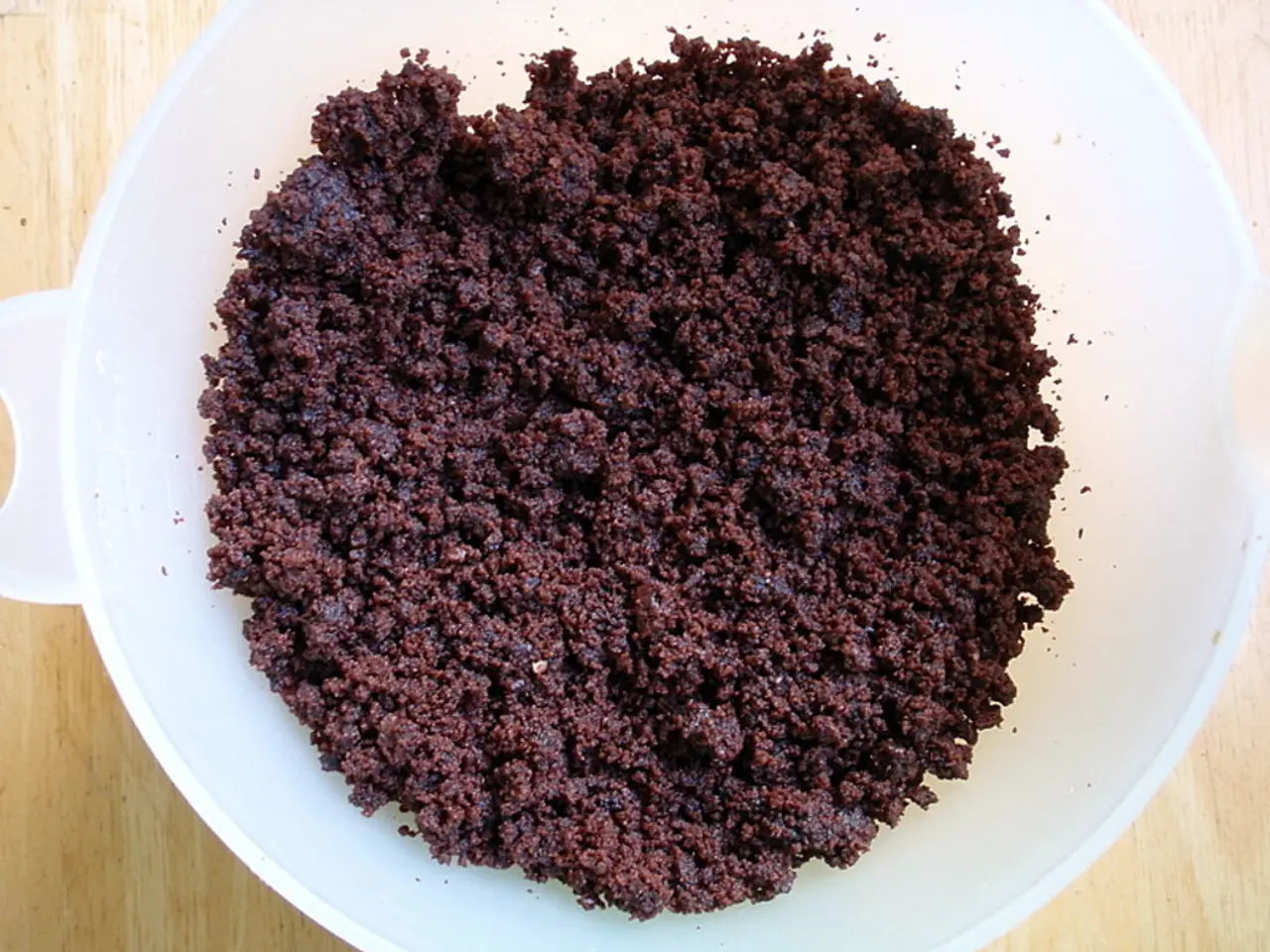Bowel Movement with Mucus: Standard or Not? Causes Explored
Mucus in the stool, while not always a cause for alarm, can sometimes indicate underlying health problems. If a person experiences persistent diarrhea, abdominal pain, blood in the stool, vomiting, unexplained fatigue, or unexplained weight loss alongside mucus in the stool, they should contact their doctor.
Common medical conditions associated with abnormal amounts of mucus in stool include Irritable Bowel Syndrome (IBS), Inflammatory Bowel Disease (IBD), infectious colitis, bowel cancer or growths, and other less common conditions such as celiac disease, lack of dietary fiber, intestinal parasites, cystic fibrosis, and proctitis.
IBS, a common digestive disorder, is characterised by abdominal pain, bloating, diarrhea, constipation, or a mix of these symptoms. Mucus in the stool is a frequent symptom of IBS, often accompanied by a sensation of incomplete evacuation or rectal tenesmus. IBS symptoms can be triggered by stress, certain foods, alcohol, or caffeine.
IBD, which includes conditions such as ulcerative colitis and Crohn's disease, causes inflammation in the digestive tract. This inflammation can lead to mucus mixed with blood in the stool. This combination is a more serious sign requiring immediate medical attention and may also present with abdominal cramps, weight loss, fatigue, and persistent bowel habit changes.
Infectious colitis, an infection of the colon, can cause inflammation and increased mucus production in the stool. This condition can mimic symptoms of IBS or IBD and requires stool tests for diagnosis.
Bowel cancer or growths can cause persistent mucus in the stool, especially when accompanied by pencil-thin stools, abdominal pain, unexplained weight loss, or fatigue. Such symptoms need urgent medical evaluation.
A stool sample is usually the first step in diagnosing the cause of mucus in the stool. Depending on the results, a person may need further tests such as blood tests, endoscopy, colonoscopy, or imaging tests.
It's important to note that a small amount of mucus in the stool is normal. Mucus in the stool is typically clear when a person is generally healthy, but it may be more white or yellow in some cases. However, increased amounts of mucus, blood, or pus in the stool can be concerning and a person should contact their doctor.
Other symptoms of colon cancer include change in bowel habits, constipation, dark brown or black stool, bright red blood in the stool, cramping, weakness, fatigue, and weight loss. Colorectal cancer can affect the colon or rectum and should be reported to a doctor if a person experiences any concerning symptoms.
Rectal discharge can be a sign of various conditions including IBD, IBS, infection, cancer, rectal prolapse, abscess, fistula, or hemorrhoids. Irritable bowel syndrome (IBS) and ulcerative colitis (UC), another form of IBD, can cause white mucus in the stool, along with abdominal pain and changes in bowel movements.
In conclusion, while a small amount of mucus in the stool is normal, persistent or increased amounts can indicate underlying health problems. If you experience such symptoms, it's important to seek medical advice promptly.
A small amount of mucus in the stool is typical for a healthy person, but when a person encounters persistent or increased amounts, it could be indicative of medical-conditions such as ulcerative colitis, a predictive sign of Inflammatory Bowel Disease (IBD). The GLP in science implies that IBD includes conditions like ulcerative colitis and Crohn's disease, leading to inflammation in the digestive tract, causing mucus mixed with blood in the stool. If a person experiences such symptoms alongside other signs like abdominal cramps, weight loss, fatigue, or persistent bowel habit changes, it necessitates immediate medical attention. Colitis, including infectious colitis, may also cause mucus in the stool as a result of increased mucus production due to colon infection. In such cases, a stool test could aid in diagnosis. Furthermore, bowel cancer or growths can cause persistent mucus in the stool, necessitating urgent medical evaluation.




